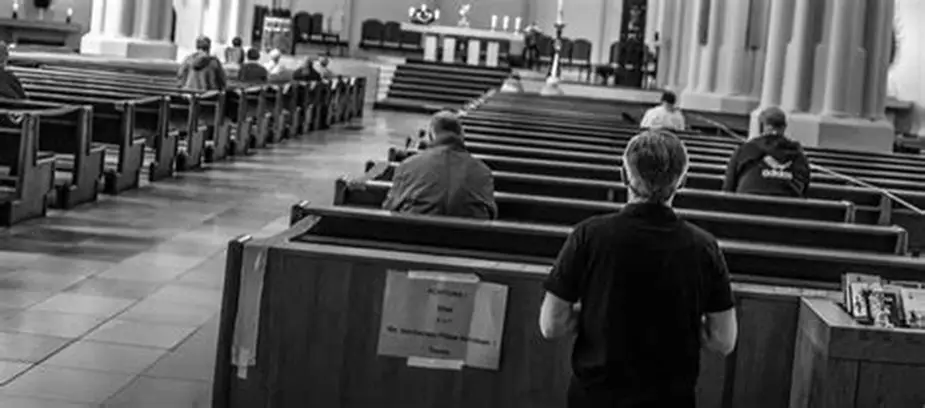Religious Practices That Shape Daily Amish Life
Faith guides every part of Amish life. From daily routines to long-term decisions, religious beliefs influence how the Amish live, work, and interact with others. Their lifestyle reflects humility, community, and devotion to God. Understanding these practices provides insight into why Amish culture remains strong and enduring.
The Ordnung: Guiding Every Action
The Ordnung is a set of unwritten rules that governs Amish life. Each community interprets it slightly differently, but it covers everything from dress and technology to behavior and social interactions.
Following the Ordnung helps the Amish maintain unity and spiritual focus. By adhering to these rules, they practice humility, obedience, and respect for tradition. The Ordnung reminds members that faith is not just belief—it is a way of life.
Daily Prayer and Family Devotion
Prayer is central to Amish life. Families pray together before meals, at bedtime, and during work. These prayers express gratitude, seek guidance, and reinforce moral values.
The Amish do not rely on daily church services for spiritual growth. Instead, prayer at home keeps God at the center of daily life. Children learn to pray early, ensuring that devotion becomes second nature.
Sunday Worship and Community Gathering
Sundays are sacred in Amish communities. Every other Sunday, families attend worship services in homes or barns. These gatherings can last three hours or more and include hymns, scripture readings, sermons, and prayers.
Other Sundays are spent at home or visiting neighbors. This balance between communal worship and family time reflects the Amish focus on faith, fellowship, and rest. Services emphasize humility and reflection rather than spectacle or entertainment.
Simplicity in Dress and Lifestyle
Amish clothing symbolizes devotion and modesty. Men wear plain trousers, suspenders, and hats. Women wear modest dresses, aprons, and head coverings. Jewelry, bright colors, and patterns are avoided.
Clothing simplicity supports spiritual focus and community equality. It reminds members to prioritize faith over vanity. Beyond dress, Amish homes and possessions are also plain, reflecting the principle of simplicity in every aspect of life.
Work as Worship
Amish people view work as a spiritual act. Farming, carpentry, quilting, and other crafts are done with diligence and care. Every task, no matter how small, is performed with gratitude and purpose.
This perspective contrasts with the modern separation of work and faith. The Amish see daily labor as an opportunity to honor God, serve the community, and model discipline and responsibility for their children.
Education Rooted in Faith
Amish children attend local, small schools, usually ending formal education after eighth grade. Lessons focus on reading, writing, arithmetic, and moral guidance.
The goal is not academic advancement outside the community but preparation for life within it. Education reinforces faith, humility, and practical skills. Higher education is generally avoided, as it may encourage pride or exposure to worldly influences.
Forgiveness and Community Discipline
Forgiveness is a cornerstone of Amish faith. When members violate rules, the community may practice Meidung, or shunning, until the individual seeks repentance.
It reinforces obedience and the importance of communal standards.
Marriage and Family Life
Marriage in Amish communities occurs after adult baptism, usually in late teens or early adulthood. Weddings are simple, family-centered celebrations.
Family life reflects religious principles. Parents teach children values of humility, work ethic, and devotion. Every family member contributes to household chores, farm work, and community support.

Separation from Modernity
Amish religious practice includes separation from worldly influences.
This separation helps members maintain spiritual focus and avoid distractions that could compromise their values. Living apart from mainstream society ensures that faith, community, and family remain central in daily life.
Conclusion
Amish daily life is shaped by religious practices that emphasize faith, humility, and community. The Ordnung, daily prayer, Sunday worship, work ethic, education, and family life all reflect devotion to God.
By living these practices every day, the Amish create a culture rooted in spiritual discipline and simplicity. Their commitment reminds us that faith is not just belief—it is action, woven into every moment of life.



